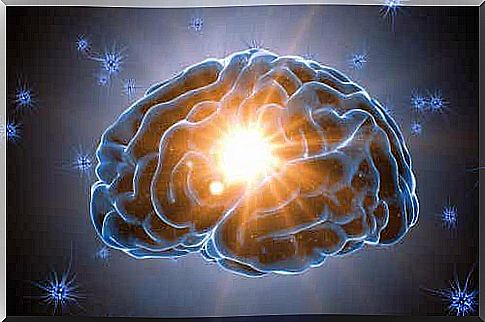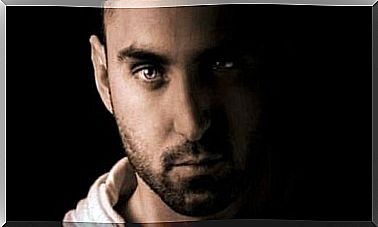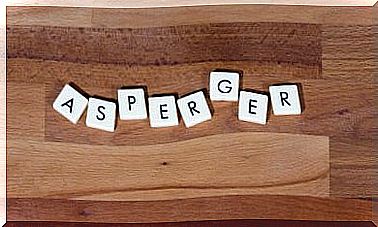The Brain Loves Surprises

Why does the brain like surprises? Surprise is a basic emotion caused by an unforeseen stimulus. If the surprise is not pleasant, it turns into a negative emotion, such as fear, anger, or sadness.
However, if the surprise is positive, the result is pleasant and a number of areas in the brain are intensely activated. These areas are responsible for other emotions, such as satisfaction. So we can say that there is physiological evidence that the brain loves surprises.

Areas of the brain involved
The nucleus accumbens, which is part of the basal ganglia, plays an important role in processing surprises.
Apparently it is activated when you are in an unpredictable situation. This happens because the brain, unconsciously, expects a reward.
As with other emotions, the amygdala also plays an important role in surprise. It helps you decide whether what you have discovered is good for you or not. In this regard, two different groups of neurons are activated:
- On the one hand, a group of neurons activate when you get a reward.
- On the other hand, other neurons activate when you receive something unpleasant.
Like two opposing factions, one will not activate if the other does.
The brain loves surprises
As we said above, when the surprise is not pleasant, it leads to negative emotions. However, when the surprise is not hurtful, it leads to positive emotions that you can experience for a long time. Negative surprises usually require a quick response from you, while positive surprises lead to calmness and happiness.
Numerous researchers have endeavored to know why this happens and whether surprise can be used to apply a positive intervention for therapeutic purposes. In this regard, some American scientists have shown that the nucleus accumbens is activated when an unexpected stimulus occurs.
Curiously, the nucleus accumbens is an extremely important area of pleasure in the brain. This is probably why the brain loves surprises. It doesn’t matter if the surprise is good or bad, this area lights up every time and activates fun mechanics.
A perfect example is the fact that many people enjoy going to haunted houses. They find many “surprises” that at first glance should be negative and lead to emotions such as fear or disgust.

Effect on learning and memory
Learning is one of the most studied cognitive processes in psychology and neuroscience. Over the past 50 years, scientists have identified the factors that influence or produce learning that people don’t forget, and surprise is one of them.
According to some authors, the power with which one element is associated with another grows stronger and stronger until it ceases to be surprising. In other words, if you present Stimulus A a few times with Stimulus B (unpredictable), someone will expect Stimulus B.
Once he realizes that they are always connected, his reaction will be less intense. As a result, scientists have proposed that when a stimulus is surprising, it is more likely to remain in memory. This relationship between learning and surprise in the brain has been proven in recent studies by neuroimaging.
In 2001, a group of British and Australian researchers observed what happened to the brain when one added a surprise while learning something. They concluded that the nucleus accumbens activated less and less as the participants became familiar with the presentation of the stimuli. However, when they saw another surprise, it reactivated.
Studies also showed that when situations occur around the same time as a surprise, they linger longer in a person’s memory. This could be because surprises trigger a series of cholinomimetic and dopaminergic mechanisms that increase attention and motivation.









